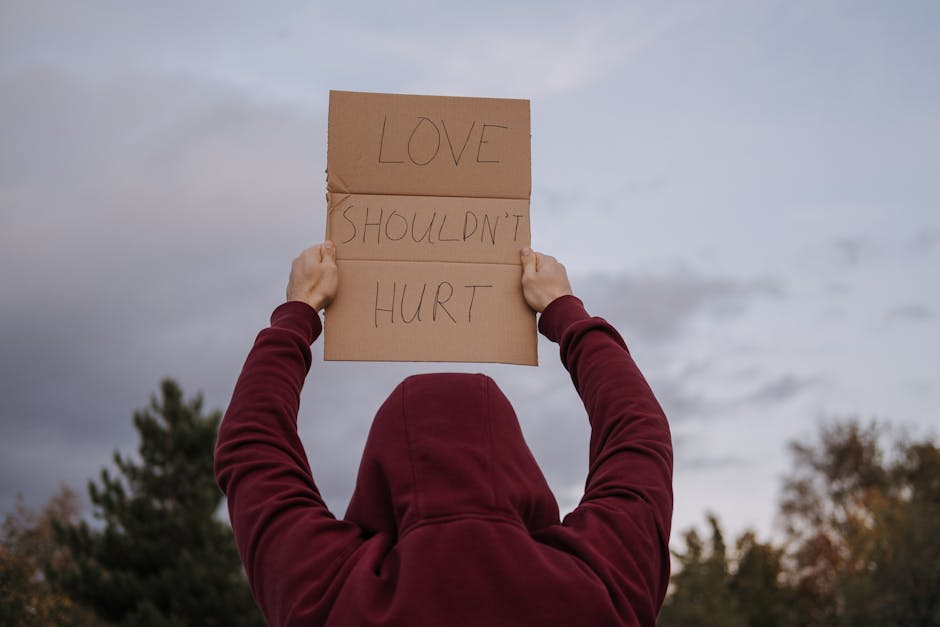The concept of individual rights is a cornerstone of many legal systems, promising freedom and autonomy. However, these rights, while vital, are rarely absolute. The very existence of a society necessitates a balance between personal liberties and the collective good. This delicate equilibrium often leads to crucial questions: Where do individual rights end and societal responsibilities begin? Are there inherent limits to these rights, and if so, how are they defined and enforced?
Understanding the nature of these limitations requires a comprehensive approach, considering various legal frameworks and societal values. Historically, the notion of unlimited individual rights has proven impractical and even detrimental to societal well-being. Consider, for example, a scenario where the right to free speech is unfettered, allowing the dissemination of hate speech or incitement to violence. Such an interpretation would clearly jeopardize the safety and harmony of the community. Thus, a crucial task for legal systems is to articulate and enforce justifiable limits on individual rights, striking a meaningful balance between liberty and order.
A significant challenge lies in defining these limits. Diverse legal systems employ different approaches to this issue. Common law jurisdictions, drawing upon precedent and judicial interpretation, often seek to contextualize the application of rights. Statutory law, in contrast, may explicitly prescribe limitations, outlining exceptions to broader rights. This contrast highlights the ongoing tension between flexibility and explicitness in defining limits.
Numerous examples illustrate this complexity. The right to freedom of assembly, while fundamental, is not absolute. Regulations regarding permits, time, place, and manner of assembly can be implemented to ensure public safety and prevent disruptions to daily life. A significant consideration emerges when these restrictions impinge on expressive rights. The challenge for courts and lawmakers is to meticulously scrutinize these restrictions, ensuring they serve a legitimate societal purpose without infringing on the core essence of the right itself. A carefully calibrated approach is required to avoid disproportionate limitations.
Another prominent example involves the right to privacy. While personal privacy is a cherished value, it is not absolute. Legal systems often recognize legitimate government interests, such as national security concerns, public health issues, or the prevention of crime, as justifying limitations on privacy. The delicate balance between a citizen’s desire for privacy and the collective right to security underpins many such limitations. The crucial distinction is to ensure the limitations are proportionate and necessary.
The scope of individual rights is also contingent on the specific context. In certain situations, such as during wartime or in response to a public health emergency, society may temporarily cede more autonomy to authorities, while still preserving fundamental rights. The justification for these restrictions often lies in the critical need to protect public safety and security. However, these limitations must be carefully scrutinized, ensuring that they are temporary and proportionate to the perceived threat.
Furthermore, a deeper understanding of different types of rights is essential to appreciate the nuances of limitations. Fundamental rights, which are often enshrined in constitutions, tend to carry more weight and face stricter scrutiny when limitations are proposed. Procedural rights, governing the processes of legal proceedings, also have strong protections. When examining limitations on individual rights, it is crucial to distinguish between these fundamental, core rights and those of a more circumscribed or lesser import.
Economic rights, though crucial to many individuals, often present more complex challenges for establishing limits. While the right to own property is a fundamental tenet of many legal systems, it is tempered by considerations such as taxation and zoning regulations. Furthermore, considerations like environmental protection can lead to restrictions on the use of private property. The balance between individual economic freedoms and collective environmental concerns is often a source of legal contention.
Furthermore, the evolution of societal values and technological advancements often necessitate re-evaluation of established limitations. The rise of social media, for example, raises new questions about freedom of expression and the dissemination of information. As technology advances, new types of limitations emerge, necessitating careful consideration by lawmakers to protect public interests and preserve individual liberties.
Ultimately, a nuanced understanding of individual rights and their inherent limitations is crucial to maintaining a just and balanced society. The challenge lies not only in defining these boundaries, but also in meticulously scrutinizing any proposed restrictions, ensuring that they are justified by compelling societal needs and proportionate to the claimed justification. Lawmakers, judges, and citizens alike should engage in ongoing dialogue to safeguard the delicate balance between individual freedoms and the collective good. In navigating this tightrope, the emphasis must always be on ensuring proportionality, necessity, and the protection of fundamental human rights in all contexts.
